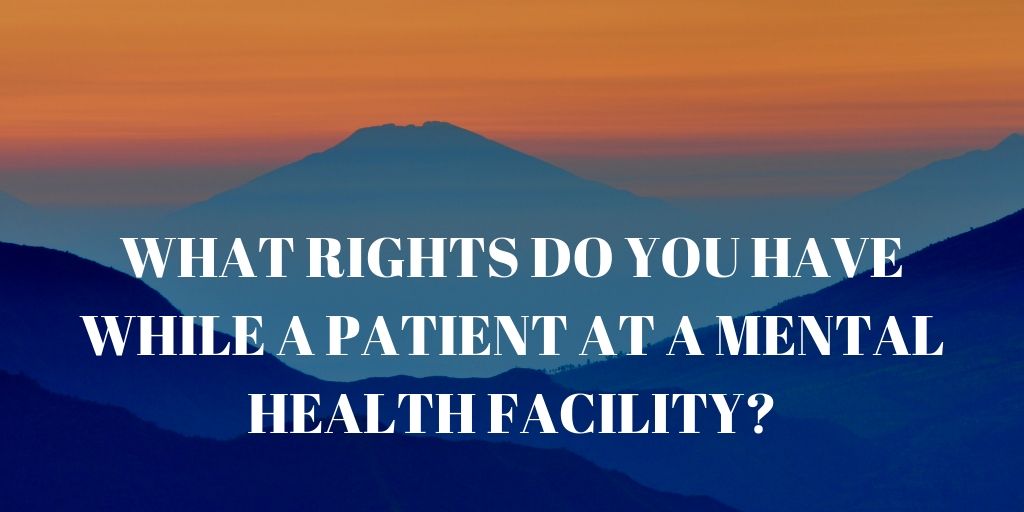DO VOLUNTARY ADMISSIONS REALLY EXIST?
/A true ‘voluntary’ admission means that you are free to leave a facility upon your request with no limitations or restrictions. These types of admissions do exist but they are far and few.
The majority of voluntary admissions are conditional. Most people who have signed themselves into a facility have done so by signing an application called a “CONDITIONAL” Voluntary Admission. In order for a facility to accept a patient’s Conditional Voluntary application the patient needs to meet some criteria. These criteria include the following:
Patient understands they are at the facility for the treatment of a mental illness;
Patient understands that the facility gets to decide if they can have off-site privileges. The facility may also limit the time, frequency and with whom the patient may enjoy these privileges; and
Patient understands that if they want to be discharged from the facility, they need to provide the hospital with a written “Three-Day Notice” of their intent to be discharged. This is three BUSINESS days not just three consecutive days. The hospital can either agree to this discharge OR they can petition the court to commit the person for up to six (6) months.
By signing this form, you are telling the facility that you are agreeing to stay at the facility, that you are willing to work with the facility and that you will stay until the facility and you (the patient) agree you are ready to be discharged. IF the facility rejects your offer of converting to a conditional voluntary, they must state a reason for rejecting your application.
Have questions or concerns about mental health litigation? Contact us to discuss further:
E.M. Curran & Associates LLC
10 Tower Office Park
Suite 314
Woburn, MA 01801
Phone: 781-933-1542
Fax: 781-933-1549















